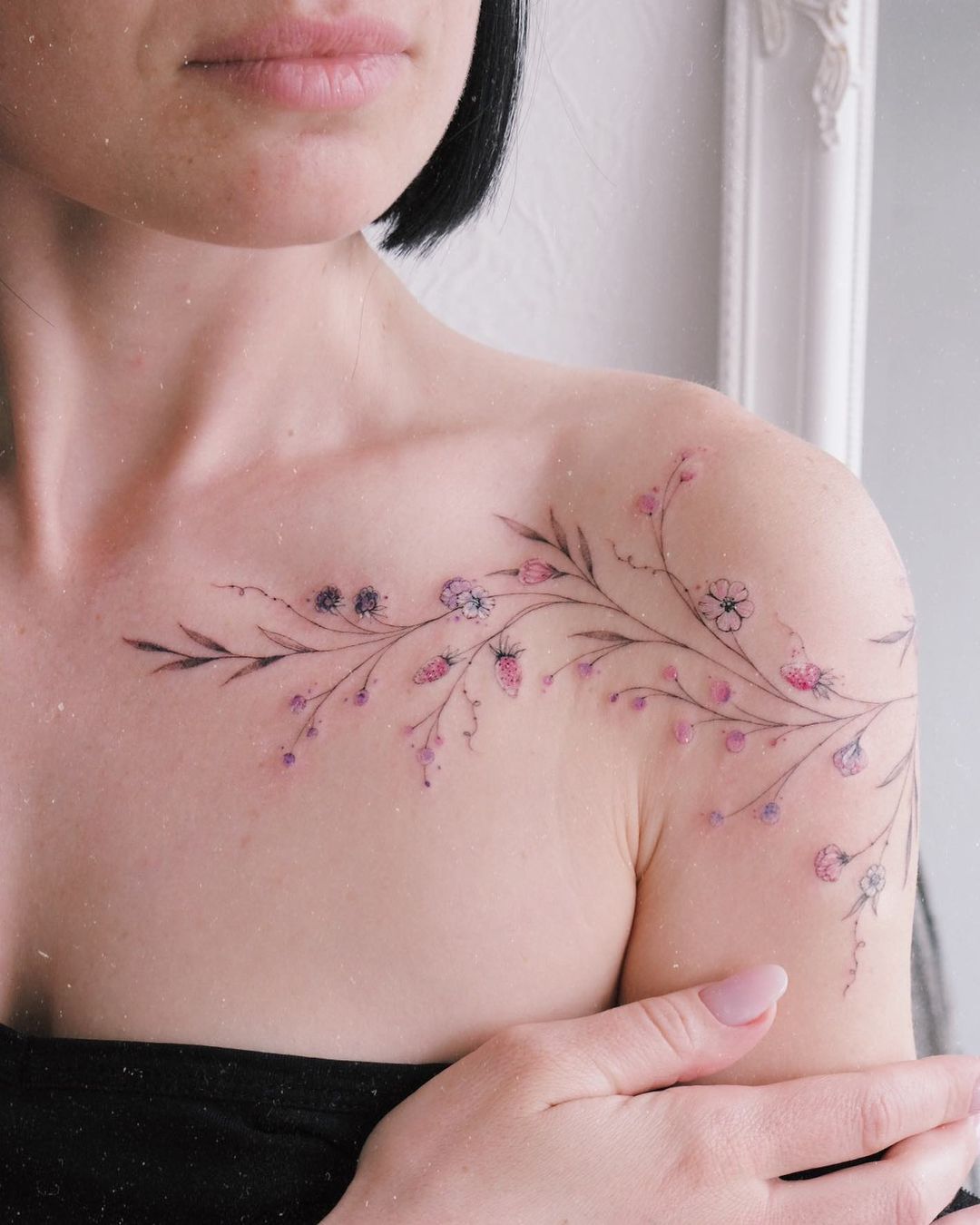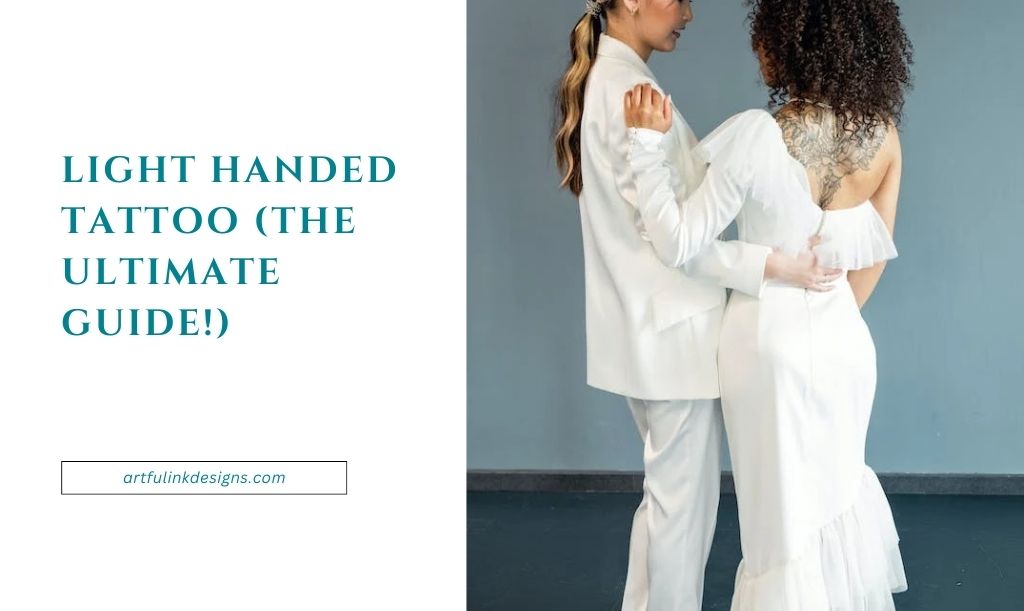So, what exactly are light handed tattoos?
Well, let me explain in the simplest terms.
Unlike their bolder counterparts, light-handed tattoos rely on delicate lines and minimal shading.
Imagine the difference between a calligrapher’s fine brushstroke and a painter’s bold impasto.
In tattoos, line weight refers to the thickness of the lines, and a light-handed artist uses needles with smaller configurations to create thin, precise lines.
Saturation, on the other hand, refers to the density of ink used.
Light-handed tattoos typically have less ink saturation, resulting in a subtle, airy appearance compared to the solid fills of traditional styles.
Differentiating from Traditional Approaches

Light-handed tattoos represent a distinct aesthetic compared to bold linework and traditional styles.
Think of iconic sailor jerry swallows or intricate Japanese dragon tattoos, characterized by thick lines and heavy shading.
Light-handed tattoos, however, embrace a minimalist philosophy, often featuring single lines, geometric shapes, and fine details.
They prioritize elegance and subtlety over bold statements, creating a unique and contemporary look.
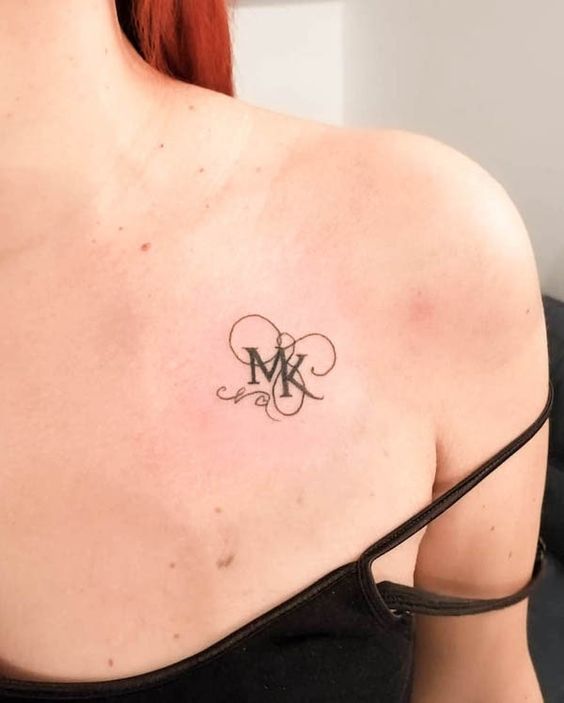
Key Characteristics
So, what truly defines a light-handed tattoo?
Here are some key characteristics:
- Finer Lines: Imagine the width of a sewing thread compared to a marker tip. That’s the difference in line weight between a light-handed tattoo and a traditional one.
- Minimal Shading: Instead of solid fills, light-handed artists use stippling or hatching techniques to create subtle shading effects, preserving the delicate nature of the design.
- Emphasis on Detail: Every line and dot holds significance, creating a precise and intricate look.
- Airy Elegance: The minimal use of ink and fine lines results in a light, almost ethereal aesthetic, perfect for those seeking a subtle yet impactful statement.
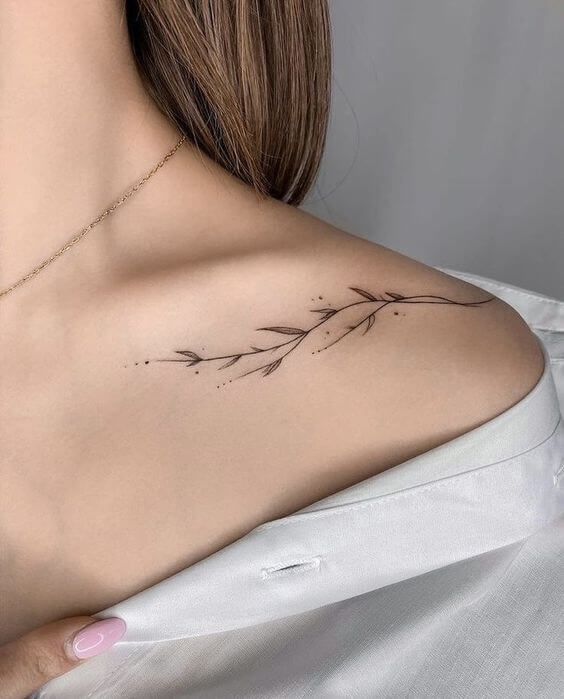
So, Why Choose a Light-Handed Tattoo?
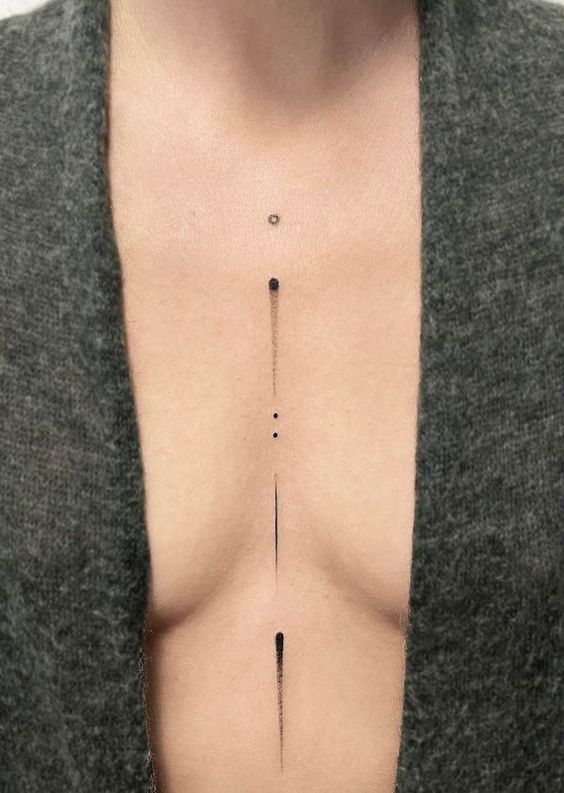
Beyond their undeniable aesthetic appeal, light-handed tattoos offer a range of advantages that might surprise you.
Let’s dive deeper into the reasons why you might choose this delicate approach for your next piece of body art.
Airy Elegance and Timeless Charm:
For those drawn to subtle sophistication, light-handed tattoos deliver in spades.
The fine lines and minimal shading create an ethereal, almost watercolor-like quality, radiating a delicate elegance that transcends fleeting trends.
Unlike bolder styles, they avoid overwhelming the skin and instead become integrated into your body with a touch of understated beauty.
This timeless charm ensures your tattoo won’t feel dated years down the line, remaining a cherished expression of your unique style.
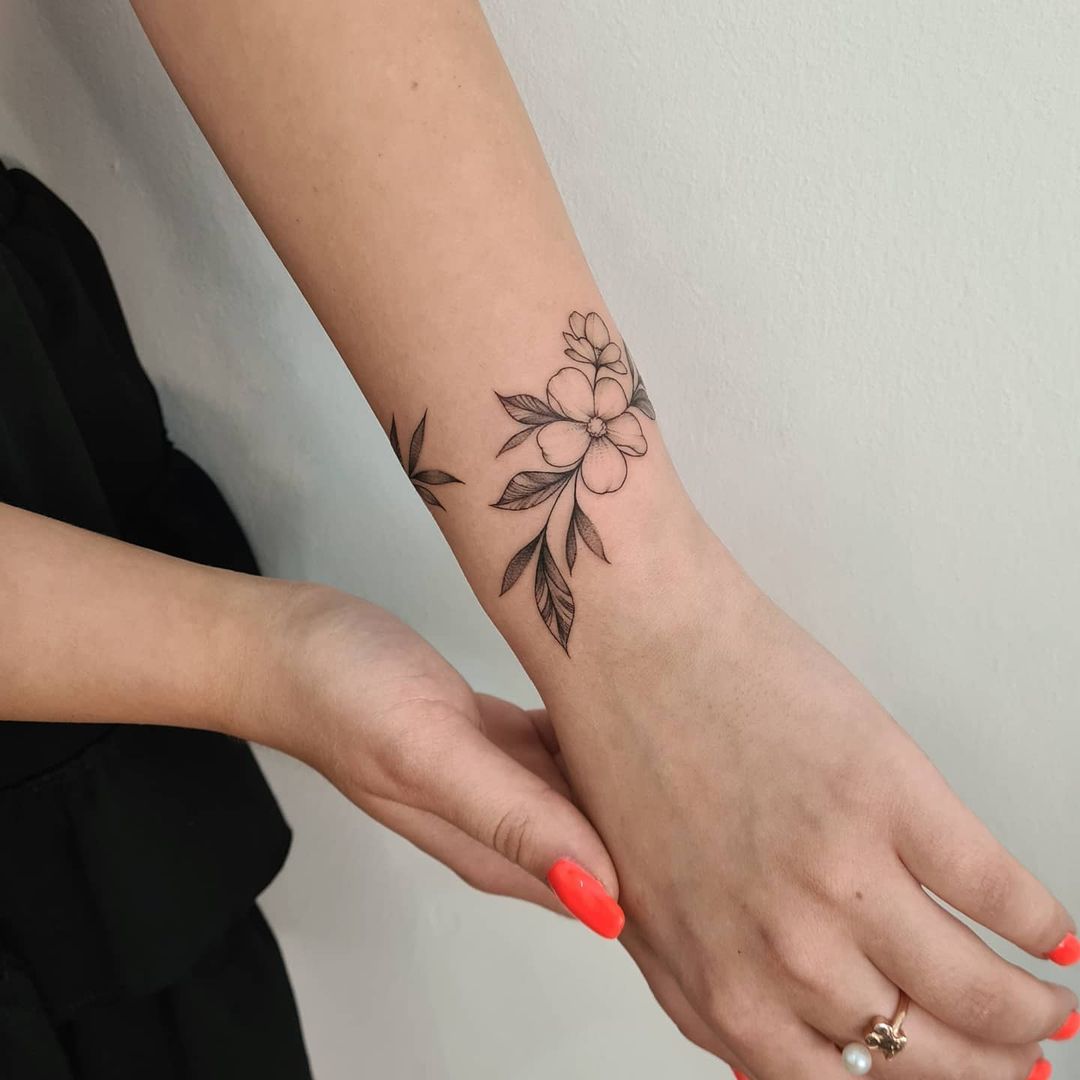
Customization for Every Palette
The beauty of light-handed tattoos lies in their versatility.
They seamlessly adapt to a wide range of styles and themes, from minimalist geometric shapes and nature-inspired motifs to delicate script and single-line art.
This allows you to express your individuality in a way that resonates with your personal taste, be it a single, meaningful word or a intricate geometric pattern.
Whether you favor a playful and whimsical design or a sleek and minimalist aesthetic, the light-handed approach can accommodate your unique vision.
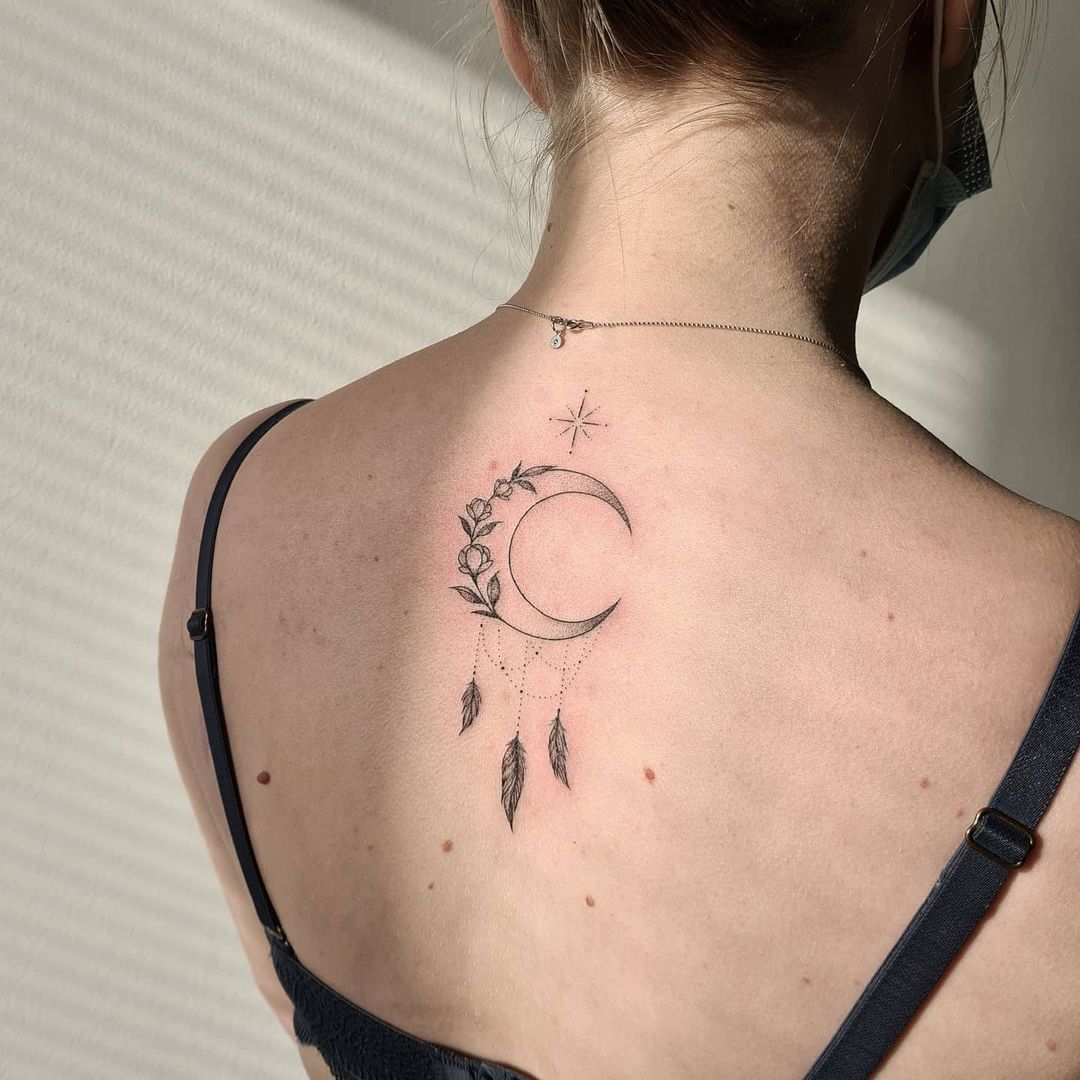
Aging Gracefully
One concern that I’ve always had with tattoos is how they age.
The good news is, finer lines tend to hold up better over time compared to their bolder counterparts.
As skin naturally stretches and ages, thicker lines can blur and bleed, losing their definition.
The delicate nature of light-handed tattoos, however, makes them less susceptible to these distortions, ensuring your design remains crisp and clear for years to come.
This longevity factor makes them an attractive option for those looking for a timeless addition to their body art.
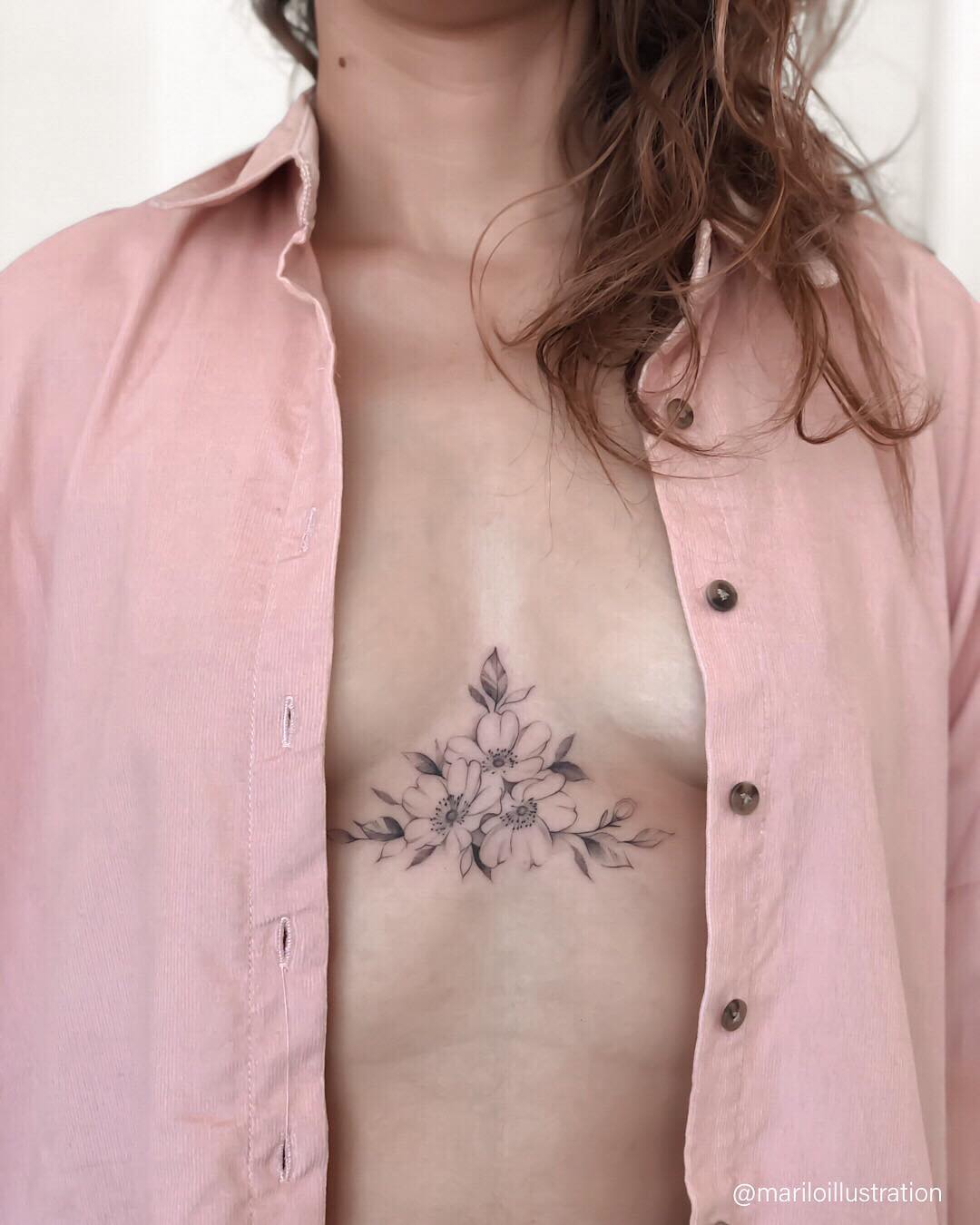
Ideal Placements for Light-Handed Tattoos
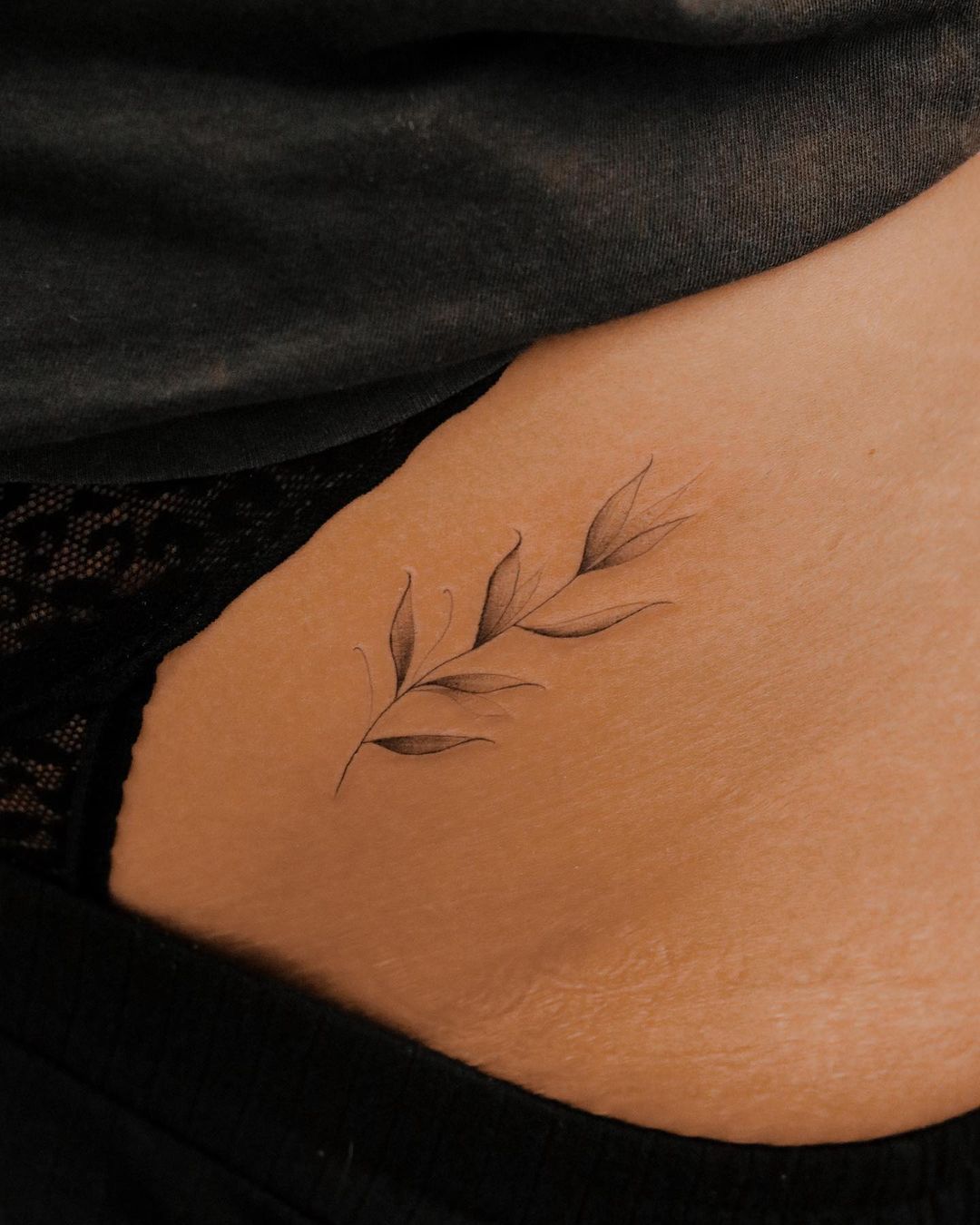
In my opinion, finding the perfect spot for your light-handed tattoo is just as important as the design itself.
While ultimate placement is a personal choice, understanding how certain areas work with this delicate style can guide your decision.
Focus on Smooth, Even Surfaces:
Light-handed tattoos thrive on flat, consistent surfaces where the lines can flow uninterrupted. Ideal spots include:
- Forearms: The inner and outer forearms offer ample space for both intricate and larger designs.
- Wrists: A delicate bracelet tattoo or single word inscription adds a subtle touch of personalization.
- Ankles: Similar to wrists, ankles make a charming canvas for petite designs.
- Collarbone: The delicate curve adds a feminine touch to flowing patterns or single-line designs.
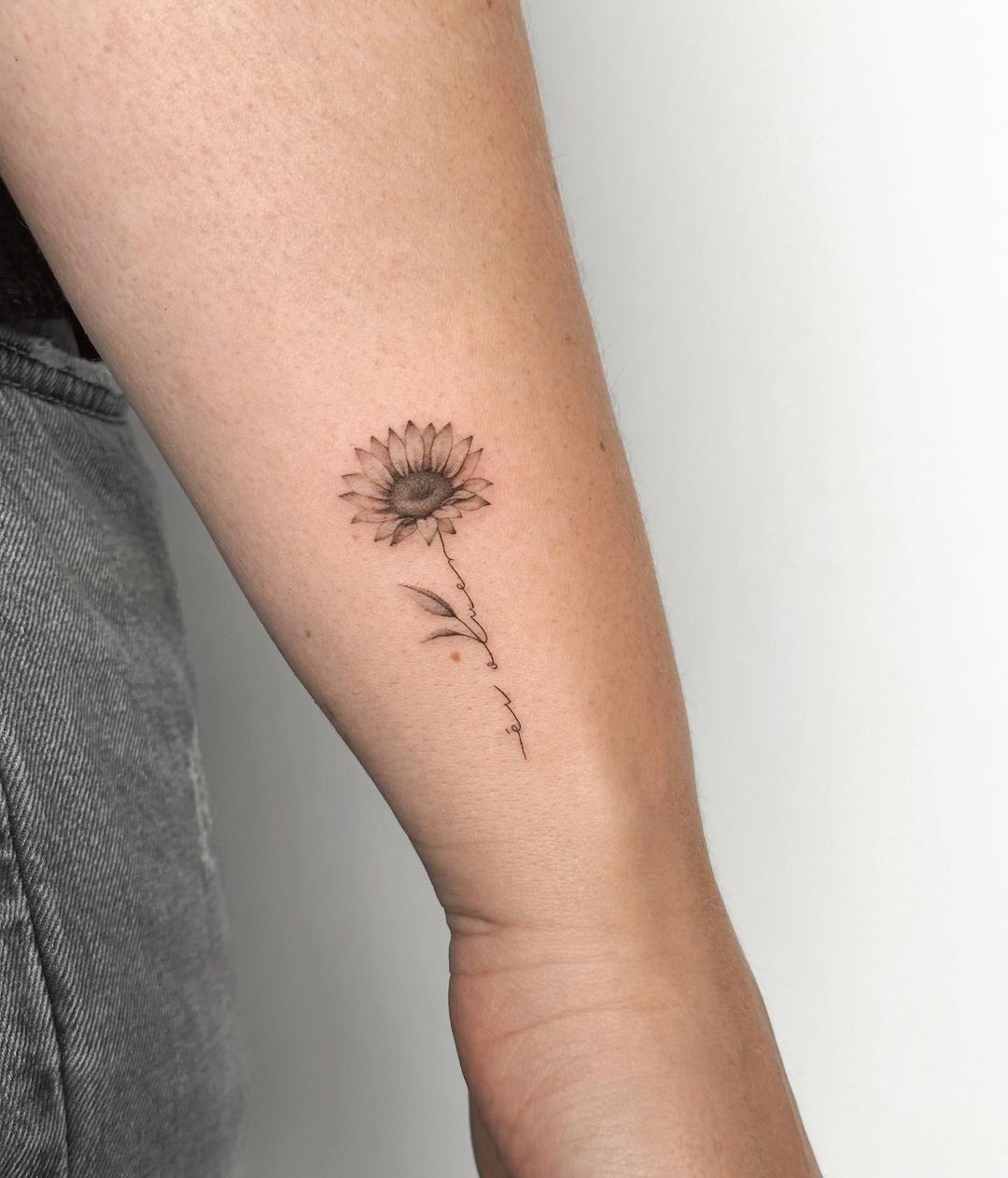
Considerations for Sensitive Areas:
Certain areas, while aesthetically appealing, require extra thought:
- Fingers: The thin skin and constant movement make lines more prone to fading. Opt for simple designs and be prepared for potential touch-ups.
- Ribs: The bony structure and high pain sensitivity might discourage larger pieces. Smaller, less intricate designs are more manageable.
- Inner Bicep: While popular, the inner bicep can experience friction from clothing, potentially affecting linework. Choose designs that adapt well to movement.
Matching Placement to Design:
Consider how the placement complements your chosen design:
- Delicate lines and intricate details: Opt for areas like the collarbone or inner forearm, which naturally follow curves.
- Bolder lines and geometric patterns: Flatter surfaces like forearms or the back of the neck offer a sturdy canvas.
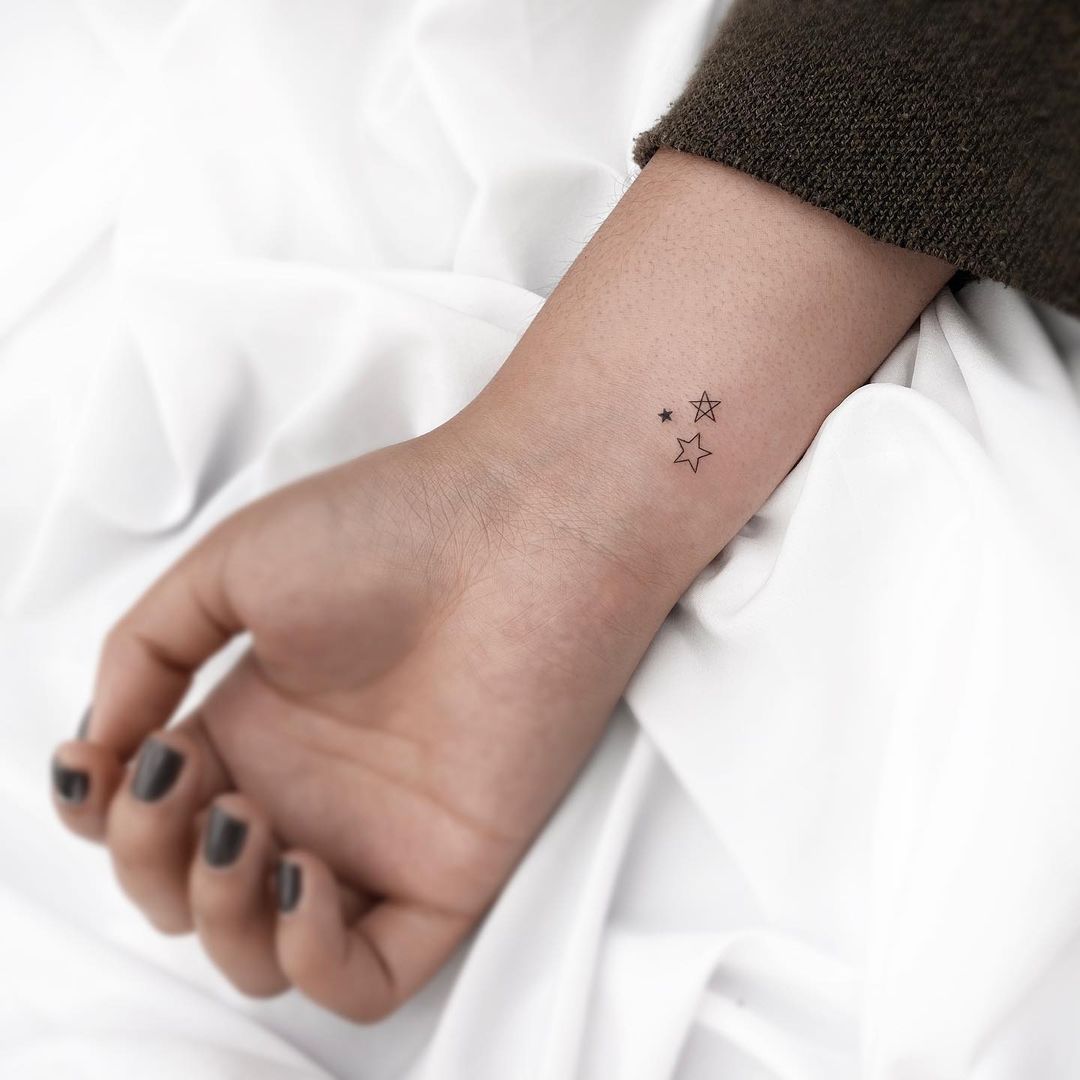
Longevity Factors
Remember, placement also impacts longevity:
- Sun exposure: Minimize direct sunlight to prevent fading. Opt for covered areas or sun-protective clothing.
- Skin type: Oily skin might require more touch-ups than dry skin. Consult your artist for specific advice.
- Lifestyle habits: Friction from clothing or activities can affect linework. Choose placements that align with your lifestyle.
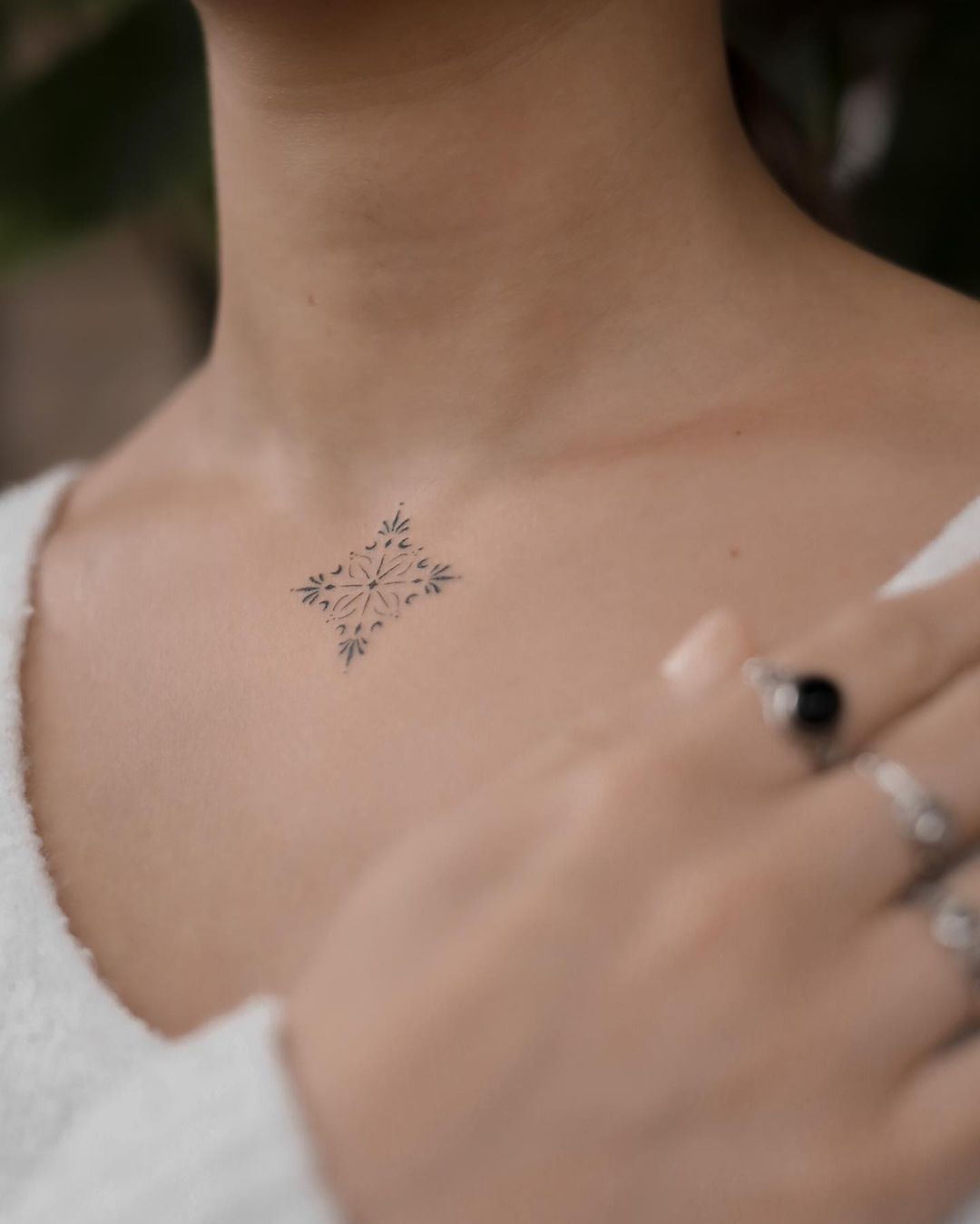
Selecting the Right Hand for Your Delicate Design
Choosing the right artist is crucial for bringing your light-handed tattoo vision to life.
This isn’t just about technical skill; it’s about finding someone who understands your desires and can translate them into a piece that complements your individuality.
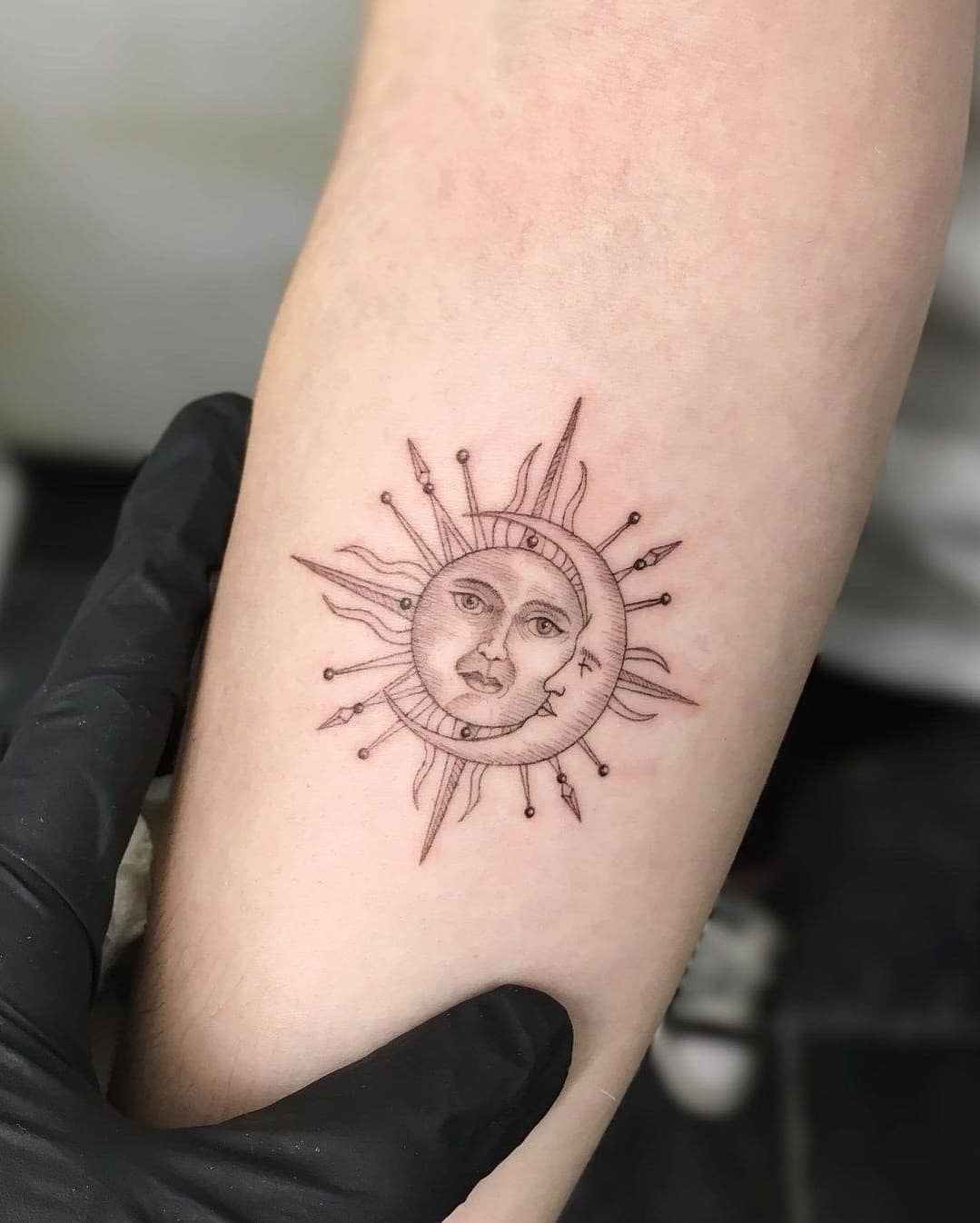
Here’s what to consider:
Artist Specialization
Not all artists excel in light-handed styles.
Seek out artists with proven experience in fine linework and delicate shading.
Look for their portfolios showcasing single-needle tattoos, minimalist designs, or intricate details.
Check online reviews and social media platforms to see if their clients praise their finesse and precision in these areas.
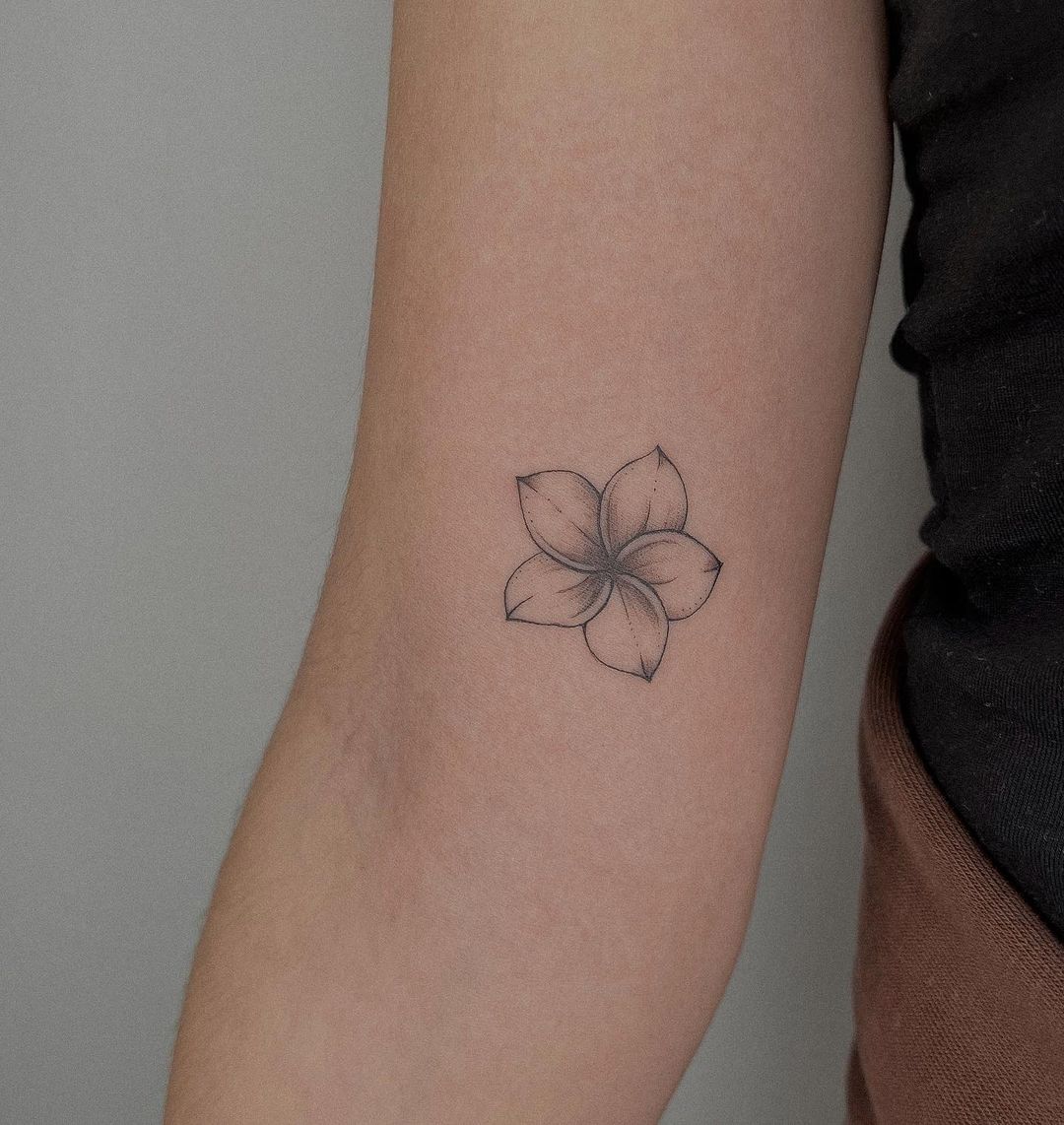
Portfolio Analysis
Analyzing an artist’s portfolio goes beyond simply liking their designs. Scrutinize the finer details:
- Linework finesse: Are the lines consistent, crisp, and free of wobbles?
- Shading techniques: Are they nuanced and subtle, avoiding heavy fills and maintaining the delicate aesthetic?
- Attention to detail: Do intricate elements like lettering, floral patterns, or geometric shapes exhibit precision and balance?
Remember, a few stunning photos don’t tell the whole story. Look for consistency in their work and don’t hesitate to request close-up images of healed light-handed pieces.
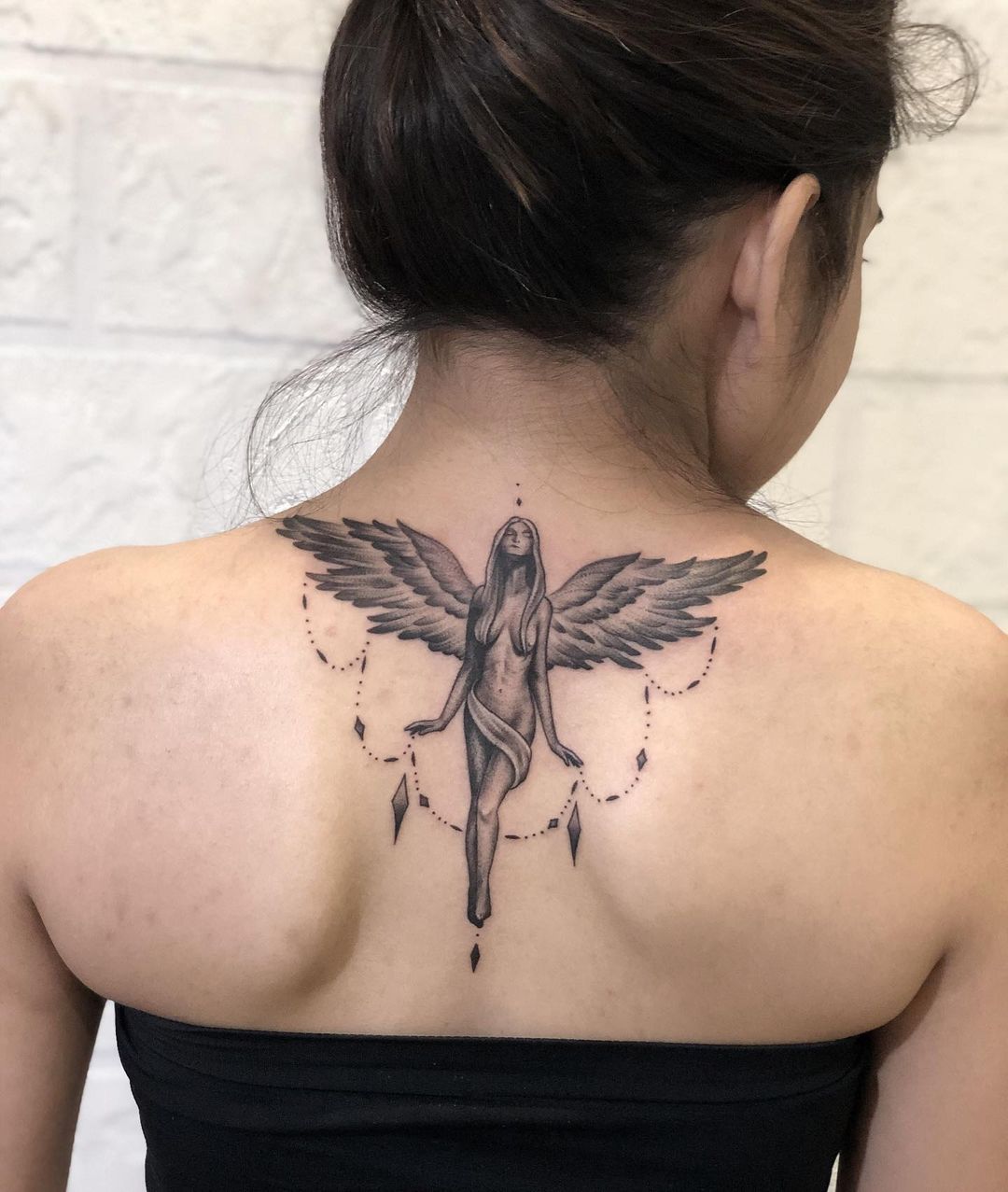
Consultation
Schedule a consultation.
This is your chance to connect with the artist on a personal level.
Discuss your ideas in detail, showing reference images and expressing your expectations.
Observe their communication style, level of expertise, and genuine interest in your vision.
Remember, this is someone who will be permanently etching art onto your body, so comfort and trust are key.
